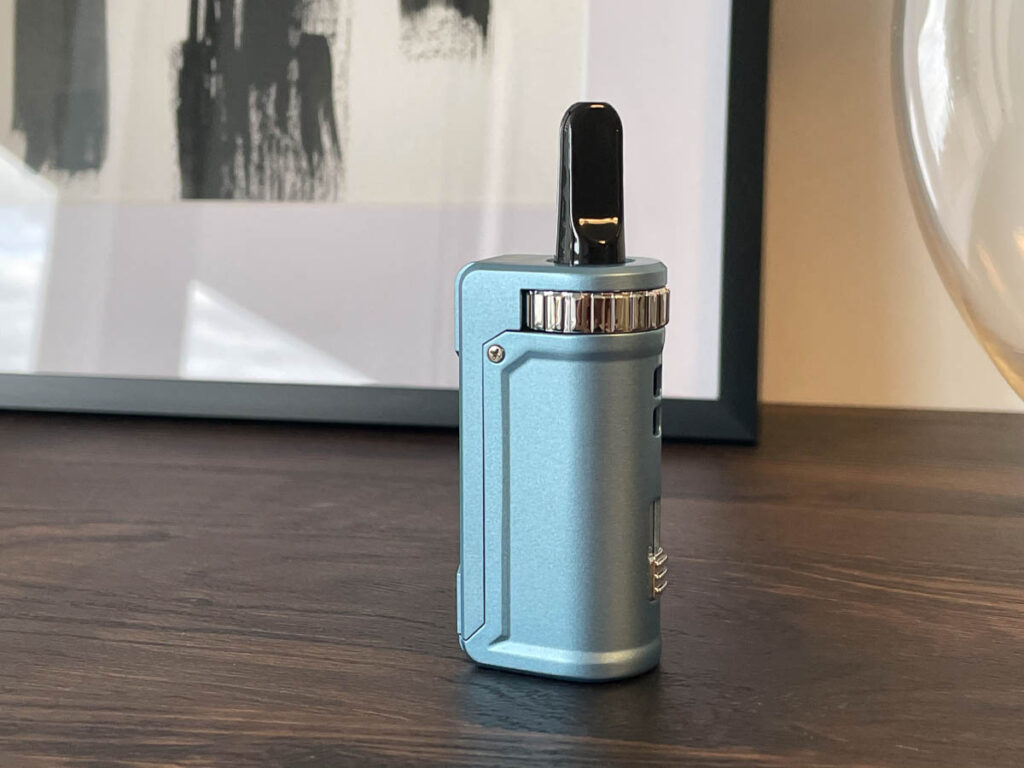
Have you ever wondered about the significance of personal growth and education in nursing? Did you know that nursing can be both financially enriching and vocationally empowering?
Florence Nightingale once said, “The world is put back by the death of everyone who has to sacrifice the development of his or her peculiar gifts to conventionality.” Development is the keyword in this text, and Nurse Nightingale was all about professional and personal development.
Maya Angelou reported that her mother, a nurse, often said, “As a nurse, we have the opportunity to heal the heart, mind and soul of our patients, their families and ourselves. They may forget your name, but they will never forget how you made them feel.”
Put the Angelou and Nightingale quotes together, and you have a call to action from the most famous nurse advocates you could ever hope to associate with.
The quotes demand that nurses embrace and develop their unique talents to positively impact other people’s lives. That’s why personal growth and education is so crucial for the advancement of nursing and nurses in general.
Personal Growth in Nursing
Personal growth, also known as self-improvement or personal development, is a mindful or conscious effort to improve the way you think and work, whether there’s an end game or not. In a human resources context, it entails the ability to apply proven techniques to improve working habits and one’s actions and reactions to those around them.
Here are a few examples of personal growth markers that nurses should pay attention to:
- Anger management: Controlling your emotions in a work or clinical setting.
- Procrastination control: The ability to keep going no matter how uninspiring the task is.
- Embracing motivation: Resisting the urge to be lazy or adopt an “I’ll do it tomorrow” attitude.
- Having a “can-do, will-do” attitude: Maintaining motivation even when you don’t feel like it.
- Enhanced manners: Being as polite and considerate as possible without being a “yes” person.
- Taking responsibility: Being responsible for your actions, no matter what happens.
- Striving for relevant knowledge: Learning and developing new skills.
- Helping others grow: Enabling and supporting others in reaching their goals as a matter of principle.
To succeed, you must embrace all of these markers and more, harness your desire to make positive changes, and strive to improve in every way to your best ability.
Doing better often means you have to come out of your comfort zone and embrace what makes you feel uncomfortable or even vulnerable. While we are not suggesting recklessness, an open mind, combined with a desire to learn, is the perfect growth formula.
Why Education is the Pathway to Success
Success is not all about money. However, without money, progressing in your chosen field is almost impossible. While job satisfaction is important, being well-paid is a significant factor in many nurses’ long-term career goals, and proper compensation is a great motivator to grow.
Asking what is the highest paid nurse and signing up for an online MSN-FNP program like the one offered by Carson-Newman University to advance your career, does not mean you are not also motivated by helping others. The highest-paid nurses focus on providing outstanding patient care while striving to obtain a higher education or specialized certifications. A nurse who is well educated, with an advanced degree or specialization, can earn top salaries in various nursing roles.
It is not enough to join the profession and remain in the same position throughout your career; personal growth, education and specialization can give nurses a chance to advance. Here are 10 of the best-paid posts available in the US for nursing staff right now.
- Specialist unit nurses
- Informatics or digital nurse
- Family Nurse Practitioner (FNP)
- Clinical Nurse Leader (CNL)
- Critical Care Nurse (CCN)
- Midwife or labor ward nurse
- Travel nurse
- Clinical research nurse
- Nurse administrator or nurse educator
- Staff nurse
However, there are plenty of other highly-paid positions in the field that did not make the list, such as adult-gerontological nurses.
In the UK, meanwhile, the NHS is facing disproportionately high numbers of vacancies. The best-paid nursing positions there go to pain management nurses, psychiatric mental health nurses and cardiac nurses, with pediatric nurses and staff nurses seeing the lowest pay rates.
To empower care, employers and healthcare providers need to support nurses, and in turn, the nurses must continue to learn and grow so they can future-proof their careers and benefit patient health.
Modern Nursing Embraces Change
Modern nursing means embracing change and abandoning old ways and outdated practices. Complacency can impede nurses’ personal growth and threaten the success of a healthcare practice.
The fast pace of change around the world will not wait for nurses to catch up, and recent world events have demonstrated the need for nursing to re-evaluate caregivers’ roles in wider society.
The Future of Education for Nurses – The SDOH Factor
As our population lives longer, education and skills in dealing with the social determinants of health (SDOH) become more important for nurses as they promote health equality. Nurses are on the front line of patient care and must be educated on the needs of those with mental health issues, long-term illness and age-related health issues.
Nursing education will focus on the diverse nature of the declining physical health of these communities, along with specialist care. As part of their development, nurses must learn new, expanded roles to cover a health crisis waiting to happen.
For future nurses to be able to react to change and capitalize on their potential, SDOH must be at the forefront of educational requirements integrated into practical experiences. This will allow nurses to build vital agility and skills to advance the field of modern nursing and deal with the changing social climate.
The good news for anyone who is looking for a career in nursing is that a nurse will never be out of a job, and people will always need care. Nurses should think about success not only in terms of compensation but empowering themselves and those who rely on them.







